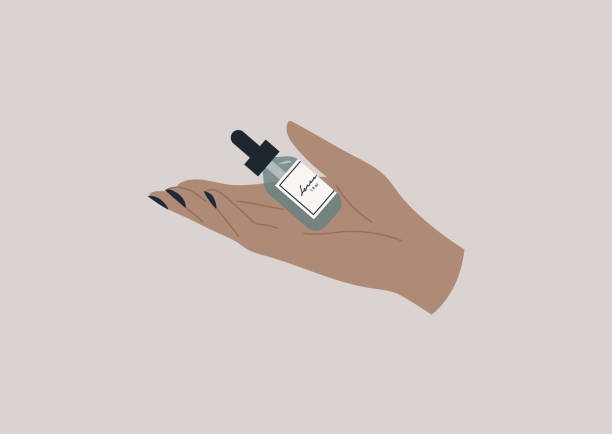Vitamin C serum has gained popularity in recent years due to its ability to improve the appearance of the skin. But, did you know that it can also help with acne? In this article, we will explore what you need to know about vitamin C serum for acne and how it can help you achieve clear, radiant skin.
What is Vitamin C Serum?
A topical skincare product called Vitamin C serum has a lot of vitamin C in it. This potent antioxidant is known for its ability to protect the skin from free radical damage caused by environmental stressors such as UV rays, pollution, and smoking.
The serum is typically formulated with a stable form of vitamin C, such as L-ascorbic acid, which penetrates the skin to deliver its beneficial effects. When applied topically, vitamin C can brighten the skin, fade dark spots, and boost collagen production, which helps to reduce fine lines and wrinkles.
How Does Vitamin C Serum Help with Acne?
Acne is a common skin condition that occurs when hair follicles become clogged with oil and dead skin cells, leading to the formation of pimples, blackheads, and whiteheads. While there are many factors that can contribute to the development of acne, one major cause is inflammation.
This is where vitamin C serum comes in. As an antioxidant, vitamin C has anti-inflammatory properties that can help to calm irritated skin and reduce redness associated with acne. Additionally, vitamin C can help to regulate sebum production, which is the oil that can clog pores and lead to acne breakouts.
Vitamin C serum can also help to reduce the appearance of acne scars by promoting collagen synthesis. A protein called collagen is necessary for having healthy, youthful-looking skin. When the skin is damaged, collagen production is disrupted, leading to the formation of scars. By boosting collagen synthesis, vitamin C serum can help to minimize the appearance of acne scars over time.
What should be looked for in a Vitamin C Serum for Acne?

When choosing a vitamin C Face serum for acne-prone skin, there are a few key factors to consider. Firstly, you want to ensure that the serum contains a stable form of vitamin C, such as L-ascorbic acid, which is most effective at penetrating the skin and delivering its benefits.
It’s also important to look for a serum that is formulated for acne-prone skin. This means that it should be non-comedogenic, which means it won’t clog pores, and it should be free of irritating ingredients such as fragrances, alcohol, and sulfates.
Another factor to consider is the concentration of vitamin C in the serum. While higher concentrations of vitamin C may be more effective at treating acne, they can also be more irritating to the skin. A concentration of 10-20% is generally considered to be effective for most skin types.
How to Use Vitamin C Serum for Acne?
To get the most out of your vitamin C serum for acne, it’s important to use it correctly. Firstly, you should apply the serum to clean, dry skin in the morning or evening, depending on your preference. If you have sensitive skin, you may want to start by using the serum every other day and gradually increase to daily use.
When applying the serum, it’s important to use the right amount. A pea-sized amount is typically enough to cover the entire face. Gently massage the serum into the skin using upward motions until it is fully absorbed.
It’s also important to follow up with a moisturizer and sunscreen, especially if you are using the serum in the morning. Vitamin C serum can make the skin more sensitive to the sun, so it’s important to protect your skin with a broad-spectrum sunscreen with an SPF of 30 or higher.
What are the potential side effects of using Vitamin C serum?
While vitamin C serum is generally considered safe for most people, there are some potential side effects to be aware of. The most common side effect is skin irritation, which can include redness, itching, and stinging. This is more likely to occur if you have sensitive skin or if you are using a high concentration of vitamin C.
If you experience skin irritation, it’s important to stop using the serum and speak to your dermatologist. They may recommend a lower concentration of vitamin C or suggest a different product that is better suited for your skin type.
Another potential side effect of vitamin C serum is discoloration of the skin, which can occur if the serum is not formatted properly or if it is exposed to air and sunlight. To prevent discoloration, it’s important to choose a serum that is packaged in an opaque or tinted bottle and to store it in a cool, dark place.
Conclusion
Vitamin C serum is a powerful skincare product that can help to improve the appearance of acne-prone skin. Its anti-inflammatory and collagen-boosting properties make it an effective treatment for reducing redness, regulating sebum production, and minimizing the appearance of acne scars.

